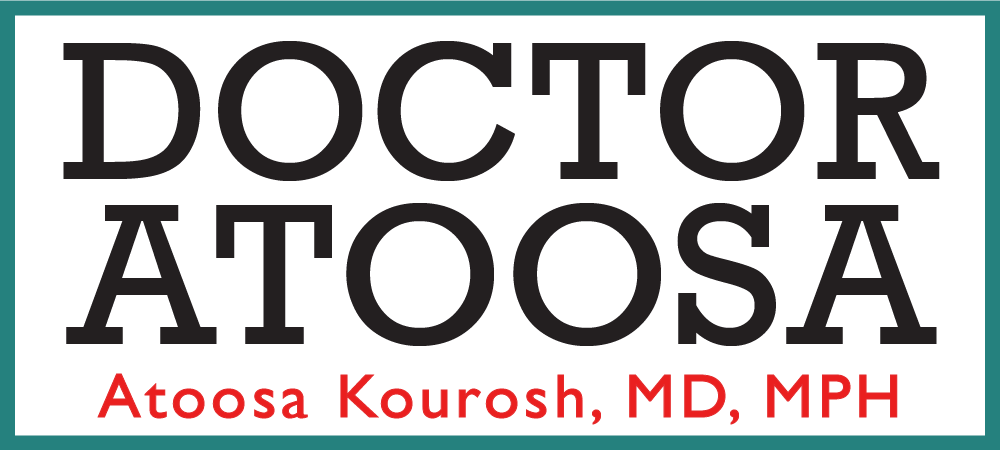Holiday Food Allergy Safety for Kids & Hosts
The holidays are filled with excitement and often, a lot of food. For families managing food allergies, this season can be both joyful and stressful. Unfamiliar dishes, shared utensils, and well-meaning relatives can all create hidden risks.
With a little preparation and open communication, you can help children enjoy every gathering safely and confidently.
The holidays can be especially tricky for children with food allergies. Excitement, unfamiliar foods, and changing routines can make it harder to stay vigilant — so preparation and communication are key.
Keeping Kids Safe and Included
Empower your child to speak up.
Practice simple phrases they can use politely, such as “No thank you, I have a food allergy” or “May I ask what’s in this?” This builds confidence and helps them advocate for themselves even when you’re not nearby.Make it positive, not restrictive.
Bring a few of their favorite safe treats so they never feel left out. When everyone else is enjoying dessert, your child can too, safely.Create a “safe plate” zone.
At family gatherings or buffets, prepare a designated plate of verified safe foods BEFORE dishes are shared or utensils start to mix.Alert teachers, relatives, and caregivers.
If your child will be at a friend’s or relative’s home, provide a short, written list of allergens, safe foods, and emergency steps. Keep epinephrine and instructions with them at all times, even for short visits.Reinforce routines and action plans.
Review what symptoms to watch for and what to do if a reaction starts. Rehearse calmly so the child feels ready, not anxious.Travel smart.
Pack double supplies: epinephrine, wipes, and safe snacks in both parent and child bags. Many airports, planes, and rest stops may not have safe options.Model calm confidence.
Children take cues from parents. When you approach allergy management as empowerment rather than fear, kids learn that safety is simply part of caring for themselves — not something that should limit their joy.
Dr. Atoosa’s Tip
Turn each holiday gathering into a learning moment. Teach children to trust their instincts.
If they’re unsure, they can always check with you first.
For Hosts and Friends
If you’re welcoming a child or guest with food allergies this season, your thoughtfulness makes a big difference. A few simple steps can turn worry into peace of mind for everyone.
Ask ahead.
Reach out before the event to learn which foods to avoid and what’s safe to serve. It’s always appreciated when a host initiates the conversation.Read labels carefully.
Even familiar brands can change recipes for the holidays. Double-check for common allergens like nuts, dairy, soy, eggs, shellfish, or wheat.Prevent cross-contact.
Use separate utensils and cutting boards for allergen-free foods. Wash hands and surfaces thoroughly. Label dishes clearly — small “contains nuts” or “dairy-free” cards go a long way.Offer inclusion, not pressure.
Let parents and kids choose what feels safe for them. Never insist a child “just try a little” of something they’re unsure about.Keep emergency awareness.
Know who to contact and where the child’s medication is stored, just in case. A calm, informed host can make all the difference in an emergency.Focus on connection.
Remember, the goal isn’t perfection — it’s participation. Shared laughter, games, and time together are what truly make the holidays special.
Food allergy safety is everyone’s responsibility — and when families, friends, and hosts work together, children with allergies can experience the same joy, belonging, and excitement as everyone else. A few extra steps of preparation create a season of confidence, inclusion, and care.
With thoughtful planning and compassion, every table can be a safe one.
